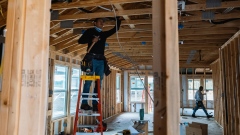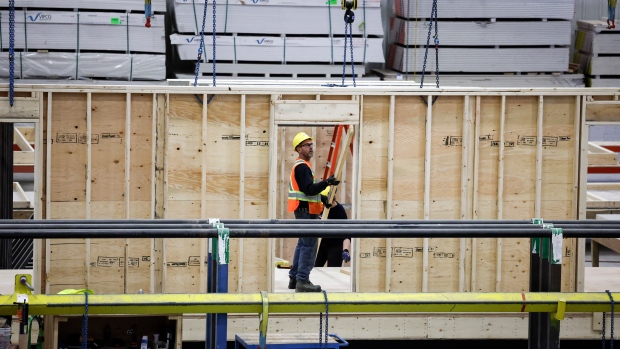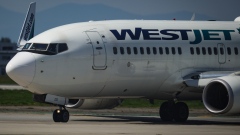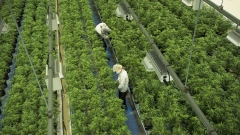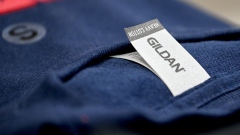Jan 23, 2022
Beijing Tests Shoppers Buying Fever Drugs to Root Out Covid
, Bloomberg News
(Bloomberg) -- China’s capital is requiring anyone who buys commonly available anti-fever medicine to undergo Covid-19 testing, as authorities try to root out undetected virus infections without locking down the country’s most important city and host of next week’s Winter Olympics.
Beijing residents who purchase antipyretics, antivirals and drugs that target coughs and sore throats will get an alert on the mobile app China uses for contact tracing and which is frequently checked to allow entry to public venues. The buyer will then need to take a Covid test within 72 hours or face movement restrictions, the Beijing Municipal Health Commission said on Sunday.
Officials are imposing increasingly stringent requirements as they try to contain simultaneous flareups of two variants that have hit the city ahead of the Winter Olympic Games. Though China has locked down smaller cities like Xi’an over similar flareups, it has less space for such escalation in Beijing, home to its political and cultural elite and where international dignitaries and athletes are now arriving for the sporting event.
How the highly transmissible variant seeped into the capital despite China’s stringent Covid-Zero controls is still unknown: after initially suspecting that infection started from contaminated international mail, China’s National Health Commission said over the weekend there’s insufficient evidence of transmission through non-frozen goods.
Read more: No Evidence You Can Catch Covid From Overseas Mail, China Says
Frozen products are at the center of Beijing’s other outbreak -- that of the delta variant -- that’s affected workers at a cold-storage facility, their families and people who have dined alongside them. Beijing’s government has ordered mandatory testing for the 2 million residents of Fengtai district, where most of the infected live and work, while other residential compounds across the city have asked people to get tested due to the detection of infections or close contacts.
There are no reports of people getting infected from frozen goods. Still, the population remains wary after authorities repeatedly pointed the finger at a range of items from overseas. Local media in the city of Yuzhou -- also grappling with a delta outbreak -- reported farmers have had difficulty selling garlic sprouts and health workers are now swabbing the plants to test for the virus.
Read more: Hamsters, Wings, Shrimp Ensnared by China’s Covid Zero Zeal
More than 70 Olympic participants have tested positive for coronavirus. Athletes, their entourage and other games-related staff will move between hotels and venues in a “closed-loop” system that cuts off contact with the rest of the city.
China is also urging caution ahead of the weeklong Lunar New Year holiday that starts Jan. 31, and typically sees millions of people to travel home to see their families. Beijing’s municipal government has requested the city’s 20 million residents to refrain from traveling to other parts of the country ahead of the event.
On Monday, China reported a total of 23 domestic Covid infections, with most detected in Beijing. The nearby city of Tianjin had just one new infection while Xi’an hasn’t reported a case for three days following a lockdown.
©2022 Bloomberg L.P.














